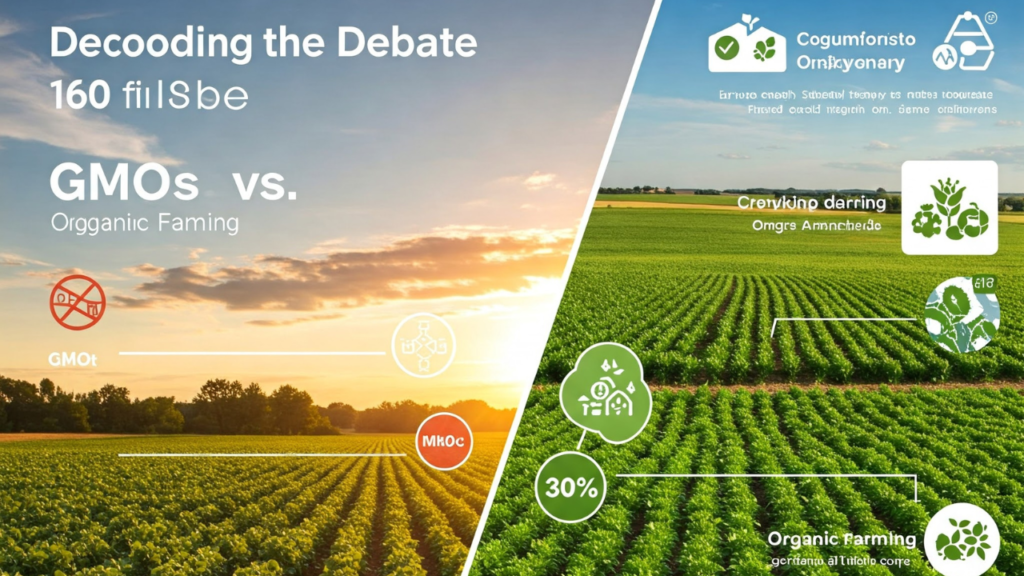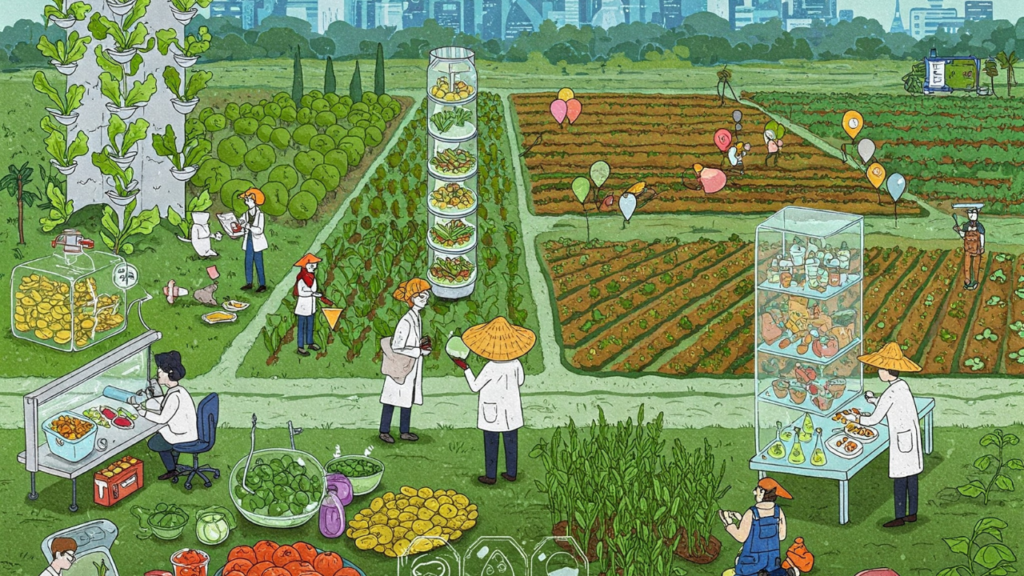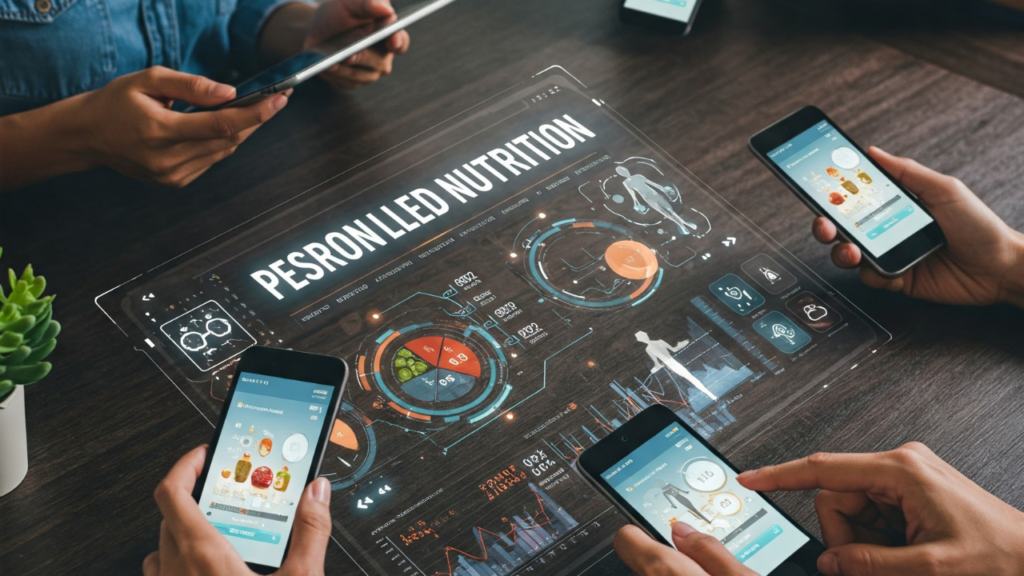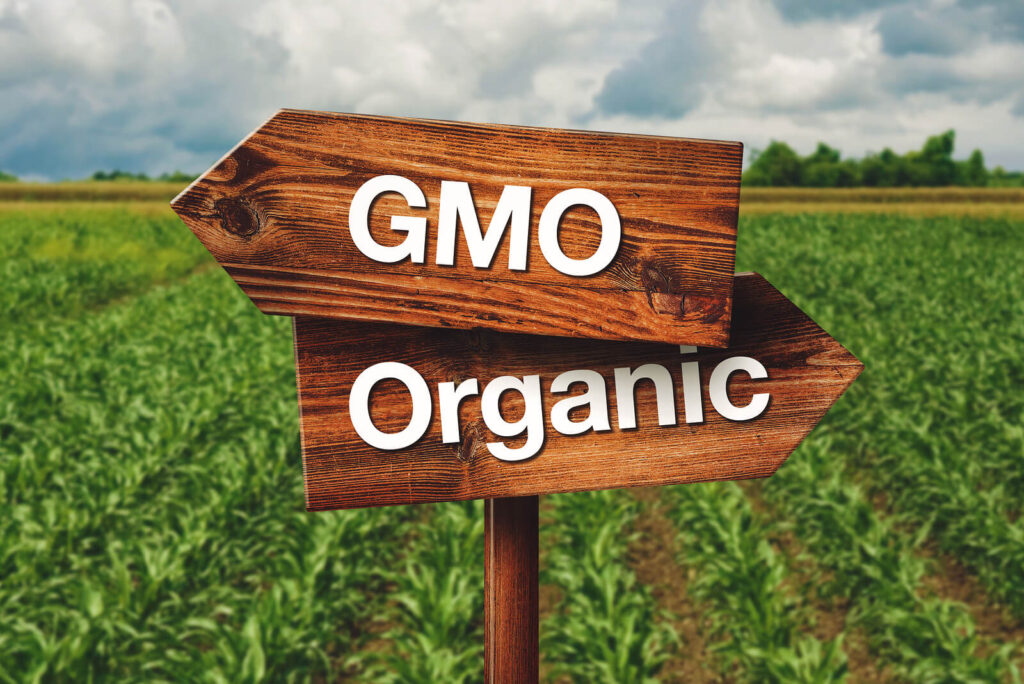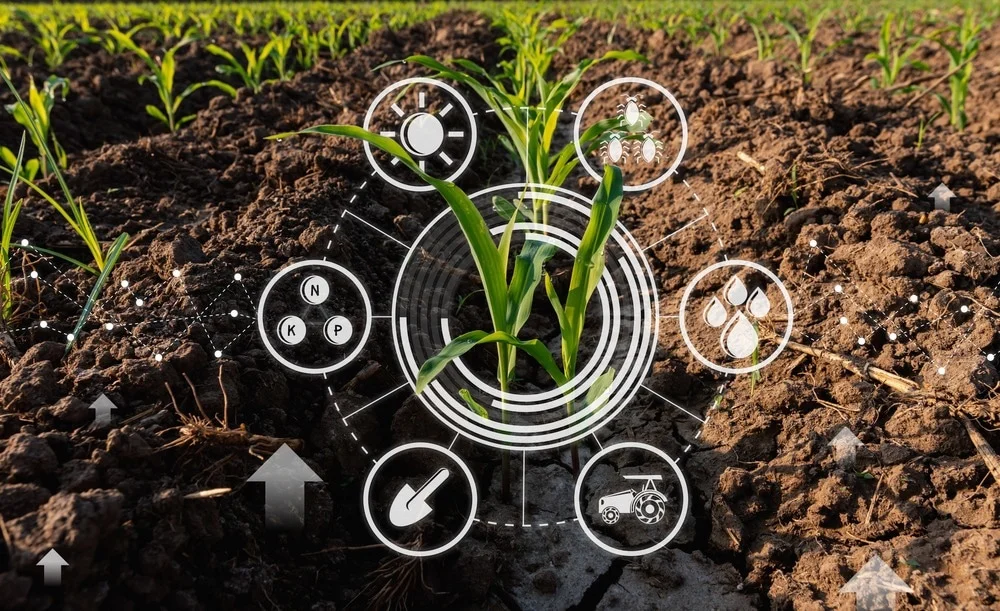The future of agriculture is a topic of intense discussion, fueled by concerns about food security, environmental sustainability, and human health. At the heart of this debate lie two prominent farming practices: genetically modified organisms (GMOs) and organic farming. Both offer distinct approaches to food production, each with its own set of advantages and disadvantages.
Category Archives: Food Production
The burgeoning global population, coupled with the escalating challenges posed by climate change, necessitates a paradigm shift in our approach to food production. Biotechnology, with its innovative tools and techniques, is poised to play a pivotal role in this transformation, offering solutions to enhance crop yields, improve nutritional content, and foster sustainable agricultural practices.
The age of one-size-fits-all dietary advice is fading. A growing understanding of the intricate interplay between genetics, lifestyle, and individual responses to food is ushering in an era of personalized nutrition. Big data and artificial intelligence (AI) are the driving forces behind this revolution, enabling the creation of tailored dietary recommendations that optimize individual health
As the global population continues to grow, the demand for food production is increasing at an unprecedented rate. Sustainable agriculture has become a crucial topic in addressing food security, environmental conservation, and economic viability. Two of the most debated approaches in modern farming are genetically modified organisms (GMOs) and organic farming. Both methods have their
Synthetic biology is a groundbreaking field that merges biology, engineering, and computer science to create artificial life forms and redesign existing biological systems. By manipulating DNA and assembling genetic components, scientists are developing new organisms with customized traits to address global challenges in medicine, agriculture, environmental sustainability, and industry. The ability to design life at
Biotechnology has revolutionized agriculture and food production, offering solutions to some of the biggest challenges faced by farmers and consumers worldwide. With the global population projected to reach nearly 10 billion by 2050, the demand for food is rising rapidly. Traditional farming methods alone may not be sufficient to meet this demand. Biotechnology provides innovative
